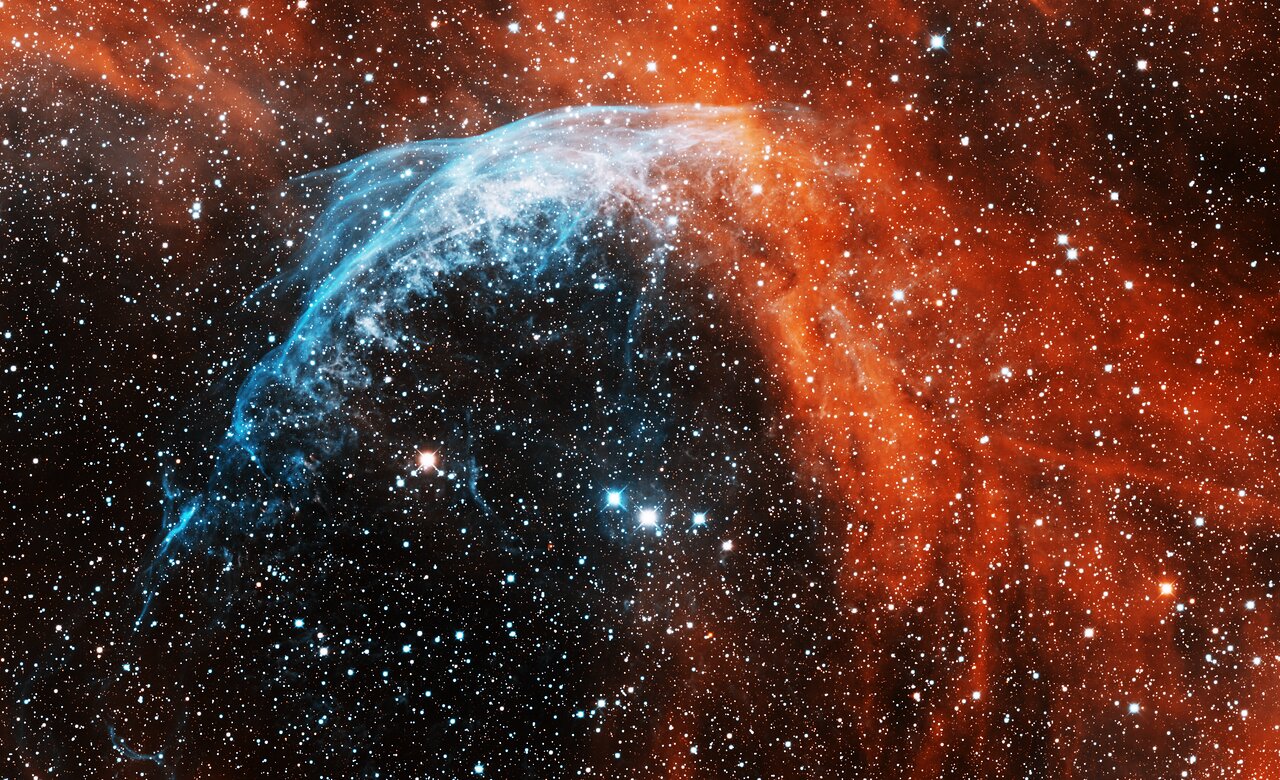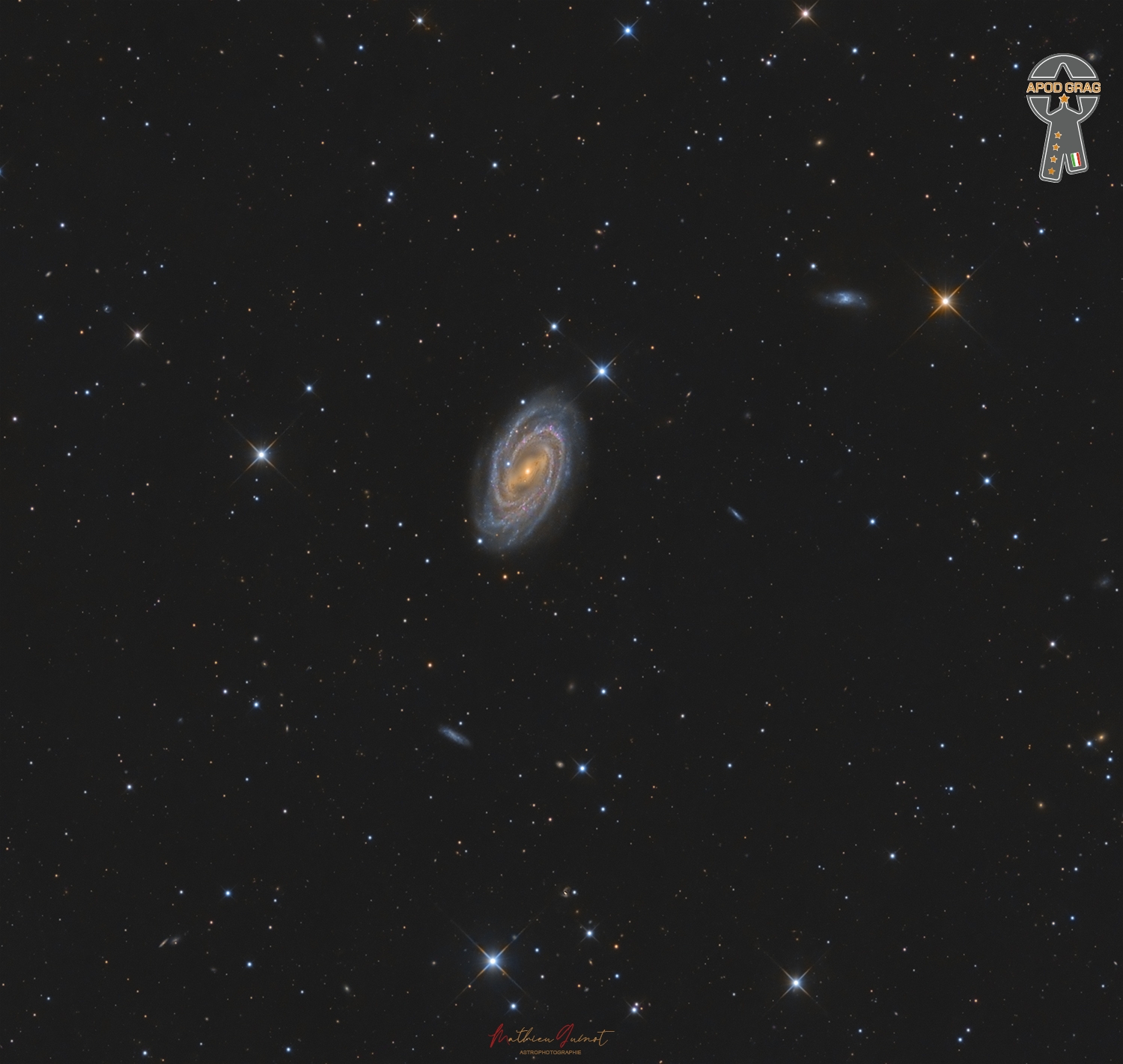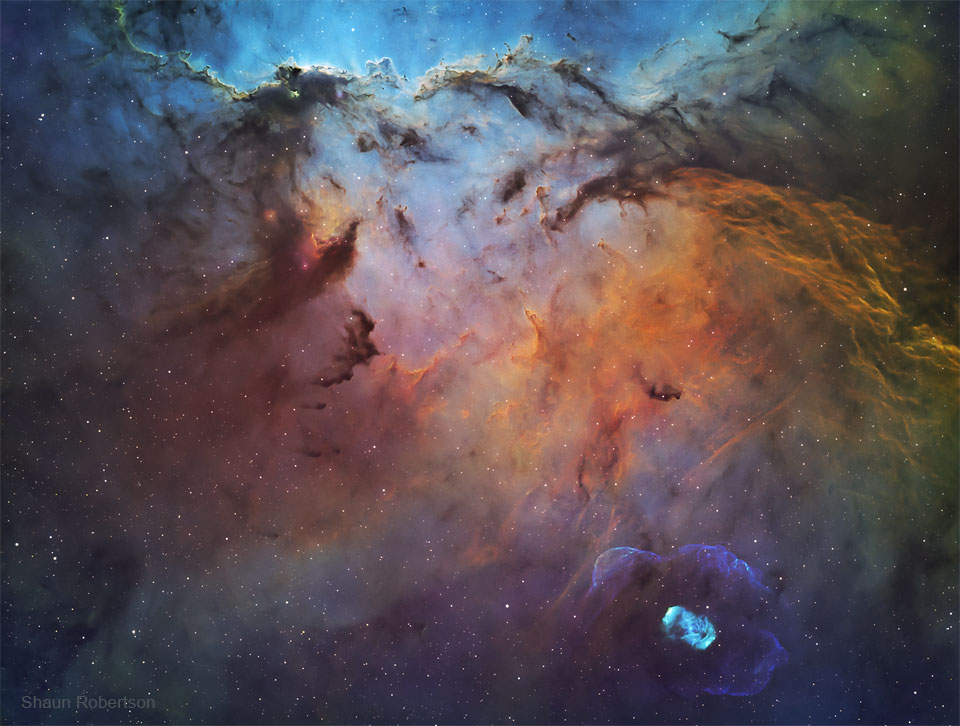Blog
Raul Matthew Rekow (June 10, 1954 – November 1, 2015) was an American rock musician. From 1976 until 2013 he played congas, bongos and other percussion instruments with Santana.
Raul Matthew Rekow was born on June 10, 1954, in San Francisco, California. The family name Rekow stems from his German grandfather, who came from Coburg, Germany. As a youngster, Raul started playing trumpet and french horn, but eventually preferred playing drums. In 1967, he saw a performance of the Santana Blues Band at Cow Palace in San Francisco. This show and the sound of Santana inspired him to switch to the congas. From then on, it was his dream to play with Santana.
At the age of 15, he covered Santana songs with a band named Soul Sacrifice. In 1970, he joined Malo, the band of Carlos Santana’s younger brother Jorge. From 1972 until 1976, Rekow played with Sapo, another Latin band in the thriving Bay Area music scene.
In 1976, Raul Rekow was called to participate in the recording sessions for the album Festivál by Santana, to replace Armando Peraza who had taken ill. With the exception of an interruption of two years (1988/89), he then stayed a permanent member of Santana until the summer of 2013. Armando Peraza, who had already been a highly recognized percussionist in Latin Jazz before joining Santana, became mentor and teacher for Rekow in the Santana band until the late 1990s.
During his tenure with Santana, he found occasions to collaborate with other musicians such as John Lee Hooker, Aretha Franklin, Patti LaBelle, Whitney Houston, Tremaine Hawkins and Herbie Hancock. In 1985, he participated in a project named “R.O.A.R.”, together with Armando Peraza and other band members of Santana. In 1999, Rekow was part of the highly successful Santana album Supernatural, which was recognized with eleven Grammy Awards.
Raul Rekow was recognized as a highly acclaimed conga player worldwide and developed a signature series of congas and bongos, for the instrument manufacturer Latin Percussion.
https://www.youtube.com/watch?v=IKUVgbi1e2U
more...M.S. Gopalakrishnan, a.k.a. MSG, (10 June 1931 – 3 January 2013) was a violinist in the field of Carnatic music. He is commonly grouped with Lalgudi Jayaraman and T.N.Krishnan as part of the violin-trinity of Carnatic Music. He was awarded the Madras Music Academy‘s Sangeetha Kalanidhi in 1997. He was a recipient of the Padma Bhushan, Padma Shri, Kalaimamani, Sangeetha Kalanidhi and Sangeet Natak Akademi awards. Gopalakrishnan was born in Mylapore, Chennai, India, and was taught violin by his father, Parur Sundaram Iyer, who was well versed in both Carnatic and Hindustani systems of Indian classical music. He learned both systems from his father, with whom he gave his first performance when he was 8 years old. He also drew great inspiration from the legendary violinist Sri Dwaram Venkataswamy Naidu.
He has played the violin for over fifty years as a soloist and accompanist, having accompanied Omkarnath Thakur and D. V. Paluskar, and has toured Australia, the US, the UK, the Netherlands, South Africa, Malaysia, and Hong Kong.
more...Chester Arthur Burnett (June 10, 1910 – January 10, 1976), known professionally as Howlin’ Wolf, was a Chicago blues singer, guitarist, and harmonica player. Originally from Mississippi, he moved to Chicago in adulthood and became successful, forming a professional rivalry with fellow bluesman Muddy Waters. With a booming voice and imposing physical presence, he is one of the best-known Chicago blues artists.
The musician and critic Cub Koda noted, “no one could match Howlin’ Wolf for the singular ability to rock the house down to the foundation while simultaneously scaring its patrons out of its wits.” Producer Sam Phillips recalled, “When I heard Howlin’ Wolf, I said, ‘This is for me. This is where the soul of man never dies.'” Several of his songs, including “Smokestack Lightnin’“, “Killing Floor” and “Spoonful“, have become blues and blues rock standards. In 2011, Rolling Stone magazine ranked him number 54 on its list of the “100 Greatest Artists of All Time“.
Chester Arthur Burnett was born on June 10, 1910, in White Station, Mississippi to Gertrude Jones and Leon “Dock” Burnett. He would later say that his father was “Ethiopian”, while Jones had Choctaw ancestry on her father’s side. He was named for Chester A. Arthur, the 21st President of the United States. His physique garnered him the nicknames “Big Foot Chester” and “Bull Cow” as a young man: he was 6 feet 3 inches (191 cm) tall and often weighed close to 300 pounds (21st 6lb, 136 kg).
The name “Howlin’ Wolf” originated from Burnett’s maternal grandfather, who would admonish him for killing his grandmother’s chicks from reckless squeezing by warning him that wolves in the area would come and get him; the family would continue this by calling Burnett “the Wolf”. The blues historian Paul Oliver wrote that Burnett once claimed to have been given his nickname by his idol Jimmie Rodgers.
more...“Petenera” is a “palo” flamenco based on a strophe composed by four eight-syllable verses. It may also be composed by six or more verses if one of them is repeated, or if another one is added which is usually “Madre de mi corazón.” This is formed by melancholy and sad lyrics, played in a slow and sentimental way, even though there are some older versions, whose rhythm is faster and lyrics are less unhappy.
“Petenera” existed musically before being adapted to flamenco. According to some scholars, “petenera” is related to “zarabanda” (17th century). This designation is due to a singer from Paterna de Rivera (Cádiz), which was called “la Petenera” (late 18th century).
more...This image was obtained with the wide-field view of the Mosaic camera on the Mayall 4-meter telescope at Kitt Peak National Observatory. WR 134 is the brightest star below the center of the image. It is a Wolf-Rayet star, which is a very hot, massive star that is blowing off its outer layers. The layers are blown off at very high speeds. Part of these layers can be seen as the blue arc in the upper-left part of the image. The arc was created when the outer layer collided with the ambient nebula surrounding the star. The image was generated with observations in Hydrogen alpha (red) and Sulphur [SII] (blue) filters. In this image, North is left, East is down.

Kenny Barron (born June 9, 1943) is an American jazz pianist, who has appeared on hundreds of recordings as leader and sideman and is considered one of the most influential mainstream jazz pianists since the bebop era.
Born in Philadelphia, Pennsylvania, Kenny Barron is the younger brother of tenor saxophonist Bill Barron (1927–1989). One of his first gigs was as pianist with the Dizzy Gillespie quartet. Barron was briefly a member of the Jazztet around 1962, but did not record with them.
He graduated in 1978 with a BA in arts from Empire State College (Metropolitan Center, New York City).
more...Lester William Polsfuss (June 9, 1915 – August 12, 2009), known as Les Paul, was an American jazz, country, and blues guitarist, songwriter, luthier, and inventor. He was one of the pioneers of the solid-body electric guitar, and his prototype, called the Log, served as inspiration for the Gibson Les Paul. Paul taught himself how to play guitar, and while he is mainly known for jazz and popular music, he had an early career in country music. In the 1950s, he and his wife, singer and guitarist Mary Ford, recorded numerous records, selling millions of copies.
Paul is credited with many recording innovations. His early experiments with overdubbing (also known as sound on sound), delay effects such as tape delay, phasing, and multitrack recording were among the first to attract widespread attention His licks, trills, chording sequences, fretting techniques, and timing set him apart from his contemporaries and inspired many guitarists of the present day.
Among his many honors, Paul is one of a handful of artists with a permanent exhibit in the Rock and Roll Hall of Fame. He is prominently named by the music museum on its website as an “architect” and a “key inductee” with Sam Phillips and Alan Freed. Paul is the only inductee in both the Rock and Roll Hall of Fame and the National Inventors Hall of Fame.
Paul was born Lester William Polsfuss in Waukesha, Wisconsin, to George and Evelyn (Stutz) Polsfuss, both of German ancestry. His only sibling, Ralph, was seven years older. Paul’s mother was related to the founders of Milwaukee’s Valentin Blatz Brewing Company and the makers of the Stutz automobile. His parents divorced when he was a child. His mother simplified their Prussian family name first to Polfuss, then to Polfus, although Les Paul never legally changed his name. Before taking the stage name Les Paul, he performed as Red Hot Red and Rhubarb Red.
more...Nehemiah Curtis “Skip” James (June 9, 1902 – October 3, 1969) was an American Delta blues singer, guitarist, pianist and songwriter.
His guitar playing is noted for its dark, minor-key sound, played in an open D-minor tuning with an intricate fingerpicking technique. James first recorded for Paramount Records in 1931, but these recordings sold poorly, having been released during the Great Depression, and he drifted into obscurity.
After a long absence from the public eye, James was rediscovered in 1964 by blues enthusiasts including John Fahey, helping further the blues and folk music revival of the 1950s and early 1960s. During this period, James appeared at folk and blues festivals, gave concerts around the country, and recorded several albums for various record labels. His songs have influenced generations of musicians and have been adapted by numerous artists. He has been hailed as “one of the seminal figures of the blues”.
James was born near Bentonia, Mississippi. His father was a bootlegger who reformed and became a preacher. As a youth, James heard local musicians, such as Henry Stuckey, from whom he learned to play the guitar, and the brothers Charlie and Jesse Sims. James began playing the organ in his teens. He worked on road construction and levee-building crews in Mississippi in the early 1920s and wrote what is perhaps his earliest song, “Illinois Blues”, about his experiences as a laborer. He began playing the guitar in open D-minor tuning.
more...https://www.youtube.com/watch?v=-KEiGHfG-m8
more...Messier 109 (also known as NGC 3992) is a barred spiral galaxy located approximately 83.5 ± 24 million light-years away in the constellation Ursa Major.
This galaxy is by far the most distant object in the Messier Catalog and one of the faintest, and it is the brightest member of a group of roughly 80 galaxies known as the Ursa Major Galaxy Cluster.
M109 is exhibiting a weak inner ring structure around the central bar and astronomers believe its structure may be influenced by interactions with three satellite galaxies.

Katerina “Katy” Garbi ; born 8 June 1961) is a Greek singer active in Greece and Cyprus, with some popularity in Turkey. Her career has spanned over 30 years with over 1.5 million records sold in Greece and abroad. Garbi’s discography is marked by several multi-platinum releases, including Arhizo Polemo (1996) and Evaisthisies (1997), two of the best-selling albums of the decade. Garbi represented Greece in the annual Eurovision Song Contest in 1993 with the song “Ellada, Hora Tou Fotos“, taking ninth place. She later struck her biggest commercial success with To Kati (2000) in terms of unit sales. Over the years, Garbi has won 11 Pop Corn Music Awards, including three for Album of the Year, and one Arion Music Award. On 14 March 2010, Alpha TV ranked her among the top-certified female artists in Greece’s phonographic era (since 1960), at 8th place.
more...
Derek Trucks (born June 8, 1979) is an American guitarist, songwriter, and founder of The Derek Trucks Band. He became an official member of The Allman Brothers Band in 1999. In 2010, he formed the Tedeschi Trucks Band with his wife, blues singer/guitarist Susan Tedeschi. His musical style encompasses several genres and he has twice appeared on Rolling Stone‘s list of 100 Greatest Guitarists of All Time. He is the nephew of the late Butch Trucks, drummer for the Allman Brothers.
Trucks was born in Jacksonville, Florida. According to Trucks, the name of Eric Clapton‘s band, Derek and the Dominos, had “something to do with the name [Derek] if not the spelling”.
Trucks bought his first guitar at a yard sale for $5 at age nine and became a child prodigy, playing his first paid performance at age 11. Trucks began playing the guitar using a slide because it allowed him to play the guitar despite his small hands as a young guitarist. By his 13th birthday, Trucks had played alongside Buddy Guy and toured with Thunderhawk.
more...Uri Caine (born June 8, 1956, Philadelphia, United States) is an American classical and jazz pianist and composer.
The son of Burton Caine, a professor at Temple Law School, and poet Shulamith Wechter Caine, Caine began playing piano at seven and studied with French jazz pianist Bernard Peiffer at 12. He later studied at the University of Pennsylvania, where he came under the tutelage of George Crumb. He also gained a greater familiarity with classical music in this period and worked at clubs in Philadelphia.
Caine played professionally after 1981, and by 1985 had his recording debut with the Rochester-Gerald Veasley band. In the 1980s, he moved to New York City, where he continues to live. His solo recording debut was in 1992. He also appeared on a klezmer album (Don Byron Plays the Music of Mickey Katz, 1993) and other recordings with modern jazz musicians Don Byron and Dave Douglas, among many others.
more...Willie Jones III (born June 8, 1968 in Los Angeles, California) is a jazz drummer. He has played, toured, and recorded with Horace Silver, Roy Hargrove, Hank Jones, Cedar Walton, and Herbie Hancock. He played on Arturo Sandoval‘s Grammy-winning album Hot House (1998).
Jones’ father, also named Willie Jones, was a pianist, composer and arranger, who moved to Los Angeles from Jacksonville in 1961. By the time Jones was born, his father “was gigging locally and working as a vocal coach for entertainers, including Ann-Margret.” Willie Jones III was born on June 8, 1968, in Los Angeles. Jones reported that he wanted to be a jazz musician from the age of seven.
more...Robert Schumann; 8 June 1810 – 29 July 1856) was a German composer, pianist, and influential music critic. He is widely regarded as one of the greatest composers of the Romantic era. Schumann left the study of law, intending to pursue a career as a virtuosopianist. His teacher, Friedrich Wieck, a German pianist, had assured him that he could become the finest pianist in Europe, but a hand injury ended this dream. Schumann then focused his musical energies on composing.
In 1840, Schumann married Clara Wieck, after a long and acrimonious legal battle with her father, Friedrich, who opposed the marriage. A lifelong partnership in music began, as Clara herself was an established pianist and music prodigy. Clara and Robert also maintained a close relationship with German composer Johannes Brahms.
Until 1840, Schumann wrote exclusively for the piano. Later, he composed piano and orchestral works, and many Lieder (songs for voice and piano). He composed four symphonies, one opera, and other orchestral, choral, and chamber works. His best-known works include Carnaval, Symphonic Studies, Kinderszenen, Kreisleriana, and the Fantasie in C. Schumann was known for infusing his music with characters through motifs, as well as references to works of literature. These characters bled into his editorial writing in the Neue Zeitschrift für Musik (New Journal for Music), a Leipzig-based publication that he co-founded.
Schumann had a mental disorder that first manifested in 1833 as a severe melancholic depressive episode—which recurred several times alternating with phases of “exaltation” and increasingly also delusional ideas of being poisoned or threatened with metallic items. What is now thought to have been a combination of bipolar disorder and perhaps mercury poisoning led to “manic” and “depressive” periods in Schumann’s compositional productivity. After a suicide attempt in 1854, Schumann was admitted at his own request to a mental asylum in Endenich (now in Bonn). Diagnosed with psychotic melancholia, he died of pneumonia two years later at the age of 46, without recovering from his mental illness.
more...The emission nebula NGC 6188, home to the glowing clouds, is found about 4,000 light years away near the edge of a large molecular cloud unseen at visible wavelengths, in the southern constellation Ara (the Altar). Massive, young stars of the embedded Ara OB1 association were formed in that region only a few million years ago, sculpting the dark shapes and powering the nebular glow with stellar winds and intense ultraviolet radiation. The recent star formation itself was likely triggered by winds and supernova explosions, from previous generations of massive stars, that swept up and compressed the molecular gas. Joining NGC 6188 on this cosmic canvas, visible toward the lower right, is rare emission nebula NGC 6164, also created by one of the region’s massive O-type stars. Similar in appearance to many planetary nebulae, NGC 6164’s striking, symmetric gaseous shroud and faint halo surround its bright central star near the bottom edge. This impressively wide field of view spans over 2 degrees (four full Moons), corresponding to over 150 light years at the estimated distance of NGC 6188.

More Posts
- Happy Passover 2025
- Stockholm Syndrome
- Eddie Marshall
- Cosmo Markarian’s Chain
- Jack Cassady
- Lowell George
- Al Green
- World Music Ebo Taylor
- Daily Roots Jacob Miller
- William Morris Society
- Hat of a Different Color
- Cosmo NGC 3169
- Herbie Hancock
- Shakey Jake Harris
- Hound Dog Taylor
- World Music ESINAM & Sibusile Xaba
- Daily Roots Yabby You
- Mental Health Visibility
- Herman Hesse Within
- Carl Jung Self